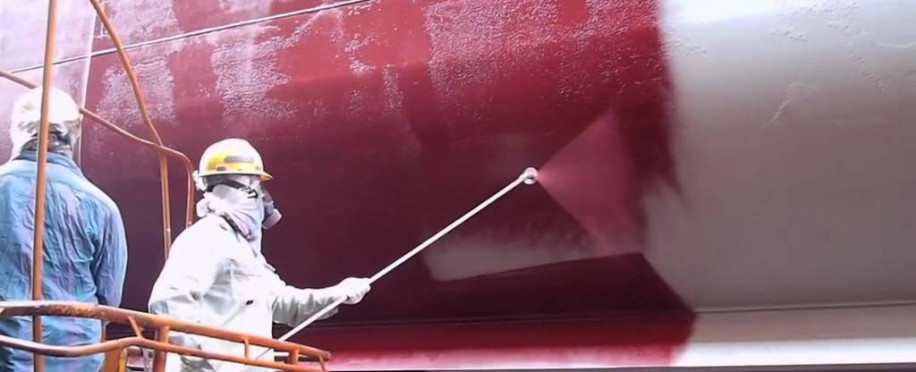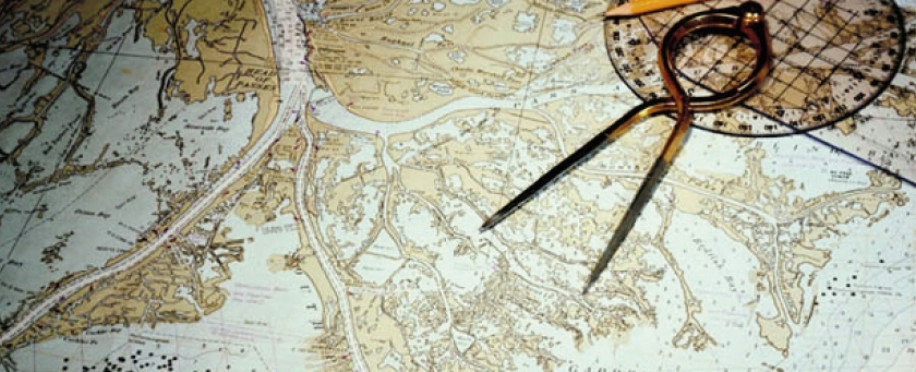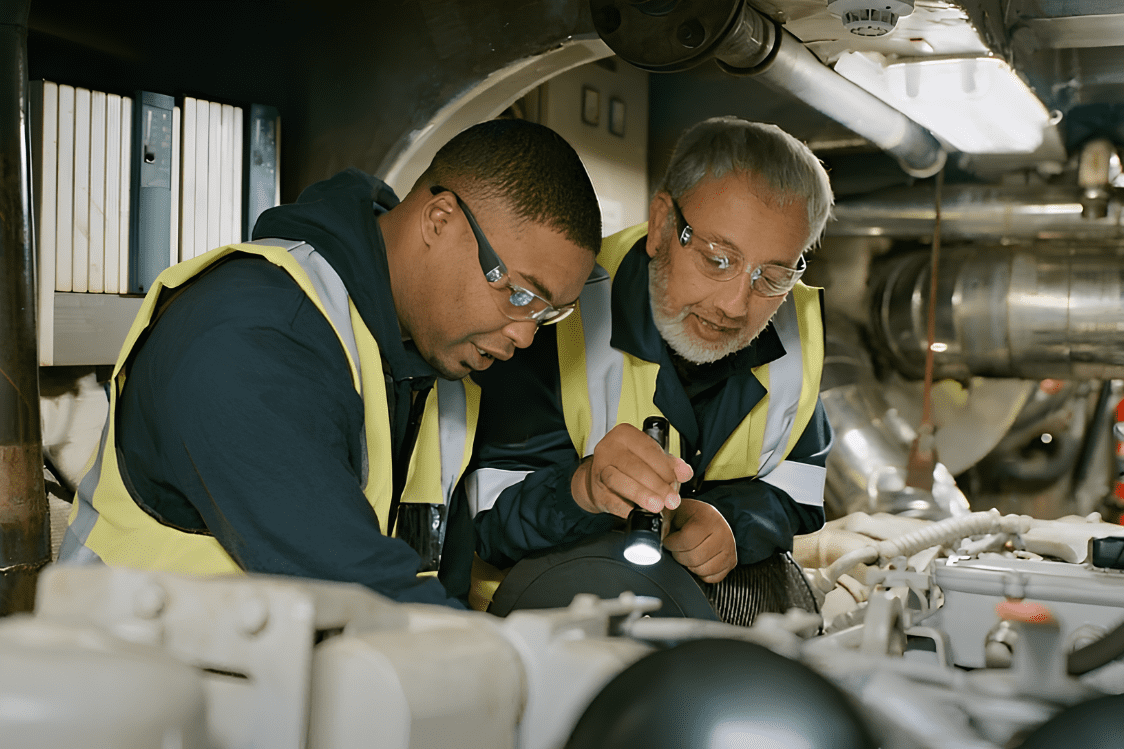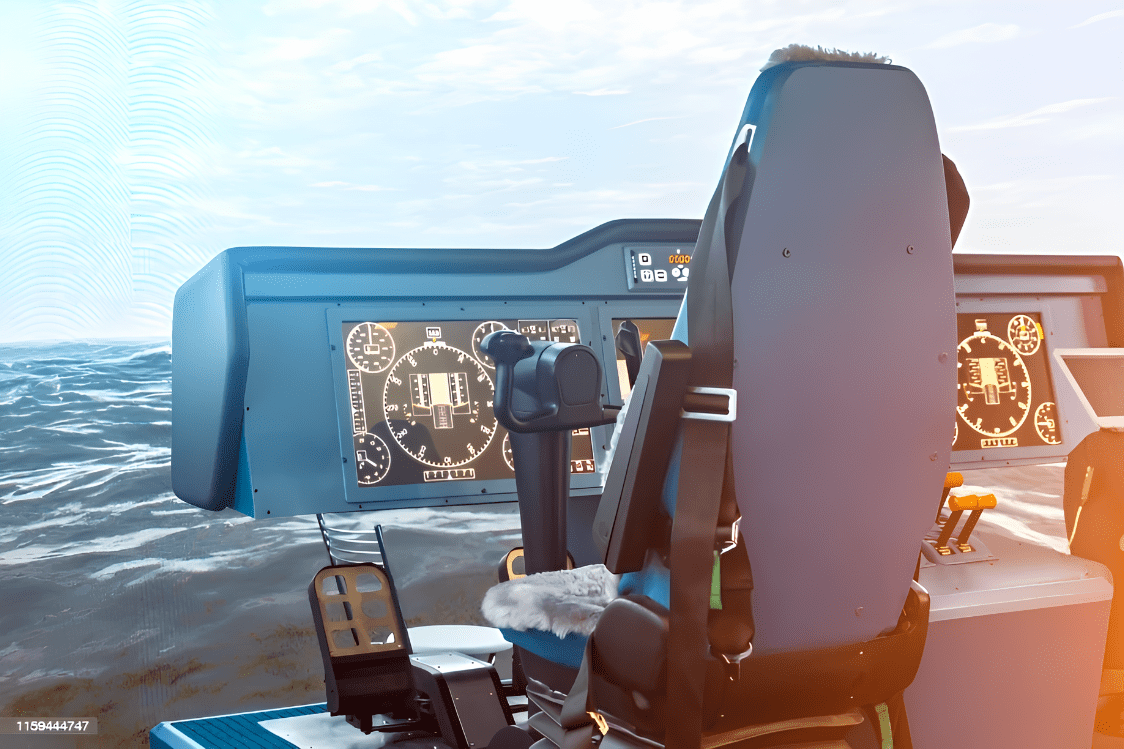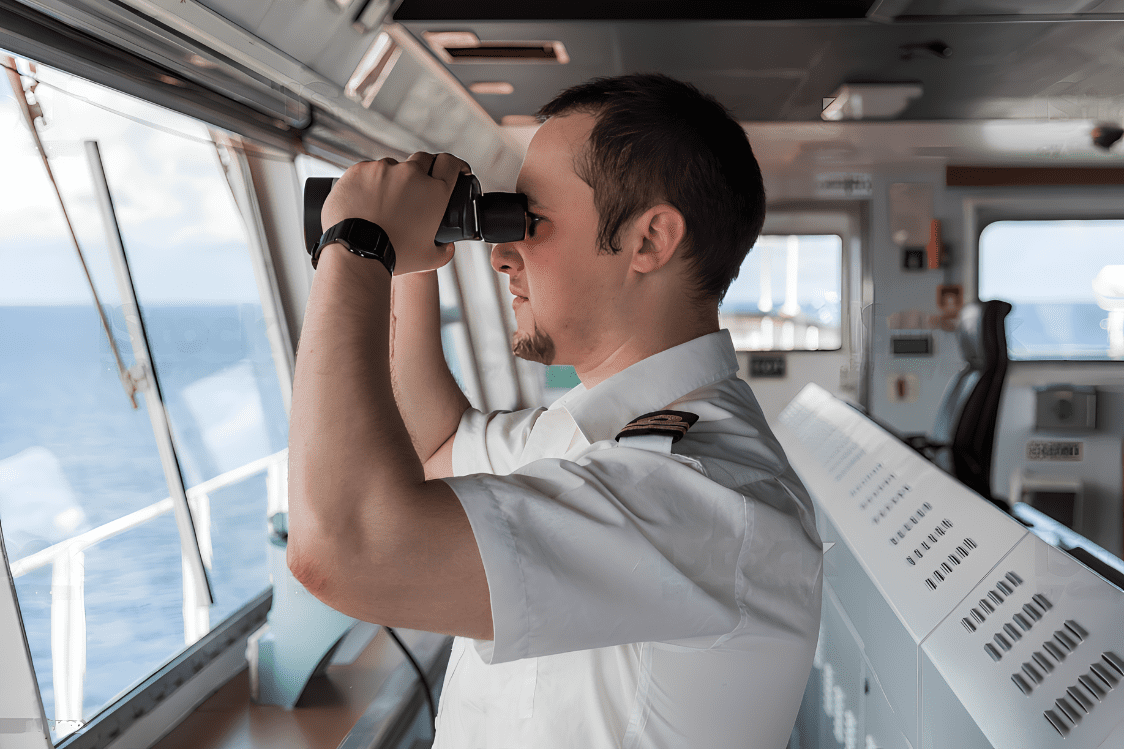Future Trends in Marine Conservation: What's Next for Our Oceans?
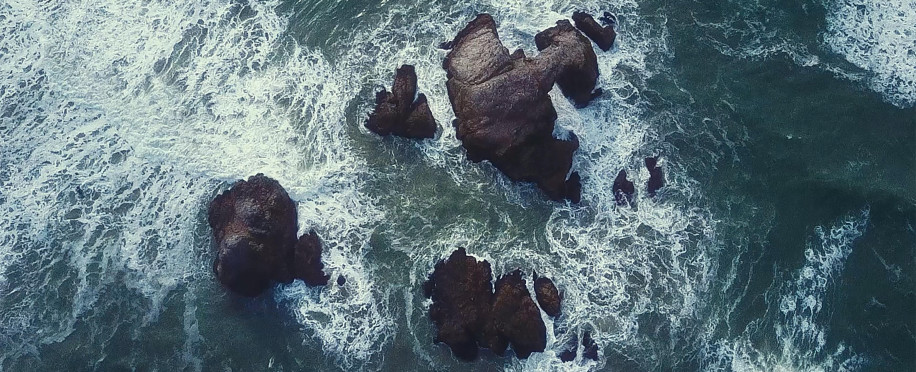
Posted on Jun 23, 2024 at 12:06 AM
With the expanding degree and scale of permanent damage being applied to global water bodies, be it through human individual actions or the professional business network. Advanced Marine conservation is our only option for reducing the effects of our actions while improving the
This article is focused on marine conservation and other aspects of marine ecology, what do you think is next for our seas?
Embracing Technology for Conservation
Marine technology is expected to play a major function as a tool in the protection of marine life in the future.
Automation of several marine techniques such as the use of underwater drones, remote sensors, and artificial intelligence affects our abilities to monitor and protect the seas. Therefore, with the help of underwater drones, almost untouched areas of oceans can be explored without causing the slightest impact on the habitats of species.
It shows that scientific technology is developing to an extent that the outcomes of data analysis such as image recognition and other trends depicting changes in the environment are getting more precise in a relatively shorter time. For example, in the context of learning about fish migration patterns or in the identification of the areas that are most impacted by coral bleaching, big data analysis is helpful in which AI can be employed.
Marine Protected Areas (MPA)
The ocean is suffering from the consequences of our human actions, even though the vast ocean might sound resilient, it's suffering from many issues when it comes to its biodiversity. MPAs are areas of the sea dedicated to restoring and conserving the biological diversity of these waters.
These areas protect the marine creatures within the area so they can be replenished and continue to do so without the presence of fishing, drilling, and other interferences.
What about the future?
The future conservation efforts will focus on establishing more extensive areas of MPAs and integrating them to include various marine ecosystems.
Sustainable Fisheries and Aquaculture
The fishing process is one of the greatest challenges that affect the diversity of international marine life. There is, therefore, the need to practice sustainable fisheries as a way forward towards the future of marine conservation. This includes the regulation of fishing quotas, employment of non-noxious gear in fishing, and adoption of closed areas where fishing is prohibited to allow the fish stocks to restock.
Fish farming or aquaculture provides an environmentally responsible means of getting fish as opposed to sourcing them directly from their natural habitat. Aquaculture technology is also slowly being developed to reduce the amount of waste or pollution that is likely to be released into the environment as well as avoid any form of disease outbreak.

Addressing Climate Change Impacts
As you already know, climate changes keep intensifying and exerting tremendous pressure on our oceans by raising sea temperatures, increasing ocean acidification, and weather instability. These consequences are here to stay and it's now the mission of our generation to start the restoration response and effectively counteract climate changes.
Well, the biggest part of sustainability when it comes to conserving marine biology is protecting current blue carbon habitats and securing their health – including mangroves, seagrass, and salt marshes – because they function as key pieces of the ecosystem puzzle. These astonishing and beautiful systems are what nature uses to capture and store large amounts of carbon dioxide which helps to regulate our planet’s climate.
Waste management
Taking a look at the problem of plastic waste in the oceans we see that this challenge can only be met by innovative approaches along with the introduction of new policies that protect marine wildlife and work on ocean conservation.
The national force must design a policy program designed to prevent the issue of plastic pollution in the future
People must take action toward marine conversion, they should volunteer in cleanup projects, support the use of reusable plastic, and create climate-aware communities that promote healthy lives for turtles.
Volunteering in nonprofit community-initiated coastal clean-ups and raising awareness about the problem of plastic pollution is a strong step towards a deeply committed society for generations to come.
What else can you do?
There are plenty of steps you can take to contribute to marine conservation yourself, here are a few:
-
Increase your knowledge of the subject: education is the first step to everything, in these critical times, everyone needs to learn from experts through Marine environmental courses online from a credited institute.
-
Get involved: Collaboration is essential. Look for marine lovers in your local area and start cleaning coasts with them.
-
Spread the word: Inform your friends, colleagues, and other students at your school. Drag more forces into the action and save the endangered species.
Based on what you know so far on marine conservation, you're ready to start your fellowship with full effectiveness. Master the science and keep the efforts high, take your first step to save the whales today!

